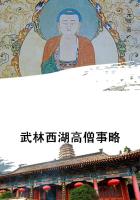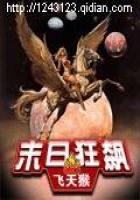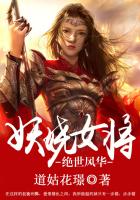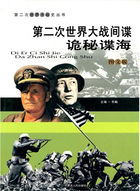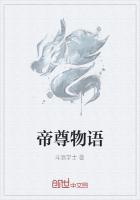He had reached this completeness five thousand years ago, and added nothing to his stock of known forces for a very long time. The mass of nature exercised on him so feeble an attraction that one can scarcely account for his apparent motion. Only a historian of very exceptional knowledge would venture to say at what date between 3000 B.C. and 1000 A.D., the momentum of Europe was greatest; but such progress as the world made consisted in economies of energy rather than in its development; it was proved in mathematics, measured by names like Archimedes, Aristarchus, Ptolemy, and Euclid; or in Civil Law, measured by a number of names which Adams had begun life by failing to learn; or in coinage, which was most beautiful near its beginning, and most barbarous at its close; or it was shown in roads, or the size of ships, or harbors; or by the use of metals, instruments, and writing; all of them economies of force, sometimes more forceful than the forces they helped; but the roads were still travelled by the horse, the ass, the camel, or the slave; the ships were still propelled by sails or oars; the lever, the spring, and the screw bounded the region of applied mechanics. Even the metals were old.
Much the same thing could be said of religious or supernatural forces.
Down to the year 300 of the Christian era they were little changed, and in spite of Plato and the sceptics were more apparently chaotic than ever.
The experience of three thousand years had educated society to feel the vastness of Nature, and the infinity of her resources of power, but even this increase of attraction had not yet caused economies in its methods of pursuit.
There the Western world stood till the year A.D. 305, when the Emperor Diocletian abdicated; and there it was that Adams broke down on the steps of Ara C渓i, his path blocked by the scandalous failure of civilization at the moment it had achieved complete success. In the year 305 the empire had solved the problems of Europe more completely than they have ever been solved since. The Pax Romana, the Civil Law, and Free Trade should, in four hundred years, have put Europe far in advance of the point reached by modern society in the four hundred years since 1500, when conditions were less simple.
The efforts to explain, or explain away, this scandal had been incessant, but none suited Adams unless it were the economic theory of adverse exchanges and exhaustion of minerals; but nations are not ruined beyond a certain point by adverse exchanges, and Rome had by no means exhausted her resources.
On the contrary, the empire developed resources and energies quite astounding.
No other four hundred years of history before A.D. 1800 knew anything like it; and although some of these developments, like the Civil Law, the roads, aqueducts, and harbors, were rather economies than force, yet in northwestern Europe alone the empire had developed three energies -- France, England, and Germany -- competent to master the world. The trouble seemed rather to be that the empire developed too much energy, and too fast.
A dynamic law requires that two masses -- nature and man -- must go on, reacting upon each other, without stop, as the sun and a comet react on each other, and that any appearance of stoppage is illusive. The theory seems to exact excess, rather than deficiency, of action and reaction to account for the dissolution of the Roman Empire, which should, as a problem of mechanics, have been torn to pieces by acceleration. If the student means to try the experiment of framing a dynamic law, he must assign values to the forces of attraction that caused the trouble; and in this case he has them in plain evidence. With the relentless logic that stamped Roman thought, the empire, which had established unity on earth, could not help establishing unity in heaven. It was induced by its dynamic necessities to economize the gods.
The Church has never ceased to protest against the charge that Christianity ruined the empire, and, with its usual force, has pointed out that its reforms alone saved the State. Any dynamic theory gladly admits it. All it asks is to find and follow the force that attracts. The Church points out this force in the Cross, and history needs only to follow it. The empire loudly asserted its motive. Good taste forbids saying that Constantine the Great speculated as audaciously as a modern stock-broker on values of which he knew at the utmost only the volume; or that he merged all uncertain forces into a single trust, which he enormously overcapitalized, and forced on the market; but this is the substance of what Constantine himself said in his Edict of Milan in the year 313, which admitted Christianity into the Trust of State Religions. Regarded as an Act of Congress, it runs:
"We have resolved to grant to Christians as well as all others the liberty to practice the religion they prefer, in order that whatever exists of divinity or celestial power may help and favor us and all who are under our government." The empire pursued power -- not merely spiritual but physical -- in the sense in which Constantine issued his army order the year before, at the battle of the Milvian Bridge: In hoc signo vinces! using the Cross as a train of artillery, which, to his mind, it was. Society accepted it in the same character. Eighty years afterwards, Theodosius marched against his rival Eugene with the Cross for physical champion; and Eugene raised the image of Hercules to fight for the pagans; while society on both sides looked on, as though it were a boxing-match, to decide a final test of force between the divine powers. The Church was powerless to raise the ideal. What is now known as religion affected the mind of old society but little. The laity, the people, the million, almost to a man, bet on the gods as they bet on a horse.




